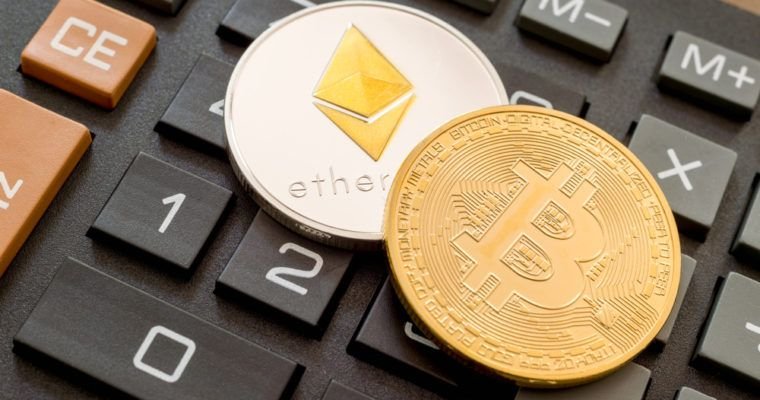India, the world’s second-largest country by population, may soon give a glimmer of hope to cryptocurrency investors after months of propagating a negative agenda against the digital asset class.

Move Subject to Council’s Approval
As reported on Bloomberg, India may soon levy an 18 percent Goods and Services Tax (GST) on cryptocurrency trading, notwithstanding their legal ambiguity in the country. Currently, the proposal is being considered by the Central Board of Indirect Taxes and Customs, and shall be presented before the GST council after it’s finalized.
As stated, the digital asset could be classified under “intangible goods,” on par with other software systems, with the authority adding that separate laws would be introduced to deal with the usage of cryptocurrencies for criminal activities.
Previously in December 2017, CCN reported on the Indian government’s crackdown on the cryptocurrency market, which saw both exchanges and traders scrutinized for dealing with and making money on digital assets. Legal authorities also sent a tax notice to over 500,000 traders, in a bid to collect huge taxes from their gains.
In April 2018, the Reserve Bank of India practically killed the cryptocurrency industry in the country, as it passed a statement asking all banks to withdraw their relationships with all cryptocurrency exchanges, including ending all banking services within three months of the directive.
Salient Points of The Tax Proposal
According to people with knowledge of the matter, who requested anonymity, the Income Tax department has realized the importance of taxing virtual currencies.
If the burgeoning digital asset market is not adequately taxed, it may add up to huge liabilities, which would make recovery difficult in the future. Thus, the proposal calls for immediate approval.
Below are the proposal’s major points:
Purchase or sale of cryptocurrencies to be considered as supply of goods, and those facilitating transactions like supply, transfer, storage, accounting, among others, will be treated as services.
Value of a cryptocurrency may be determined based on the transaction value in rupees or the equivalent of any freely convertible foreign currency.
If buyers and sellers are in India, the transaction would be treated as a supply of software and the buyer’s location will be the place of supply.
For transfer and sale, the location of the registered person will be the place of supply. However, for sale to non-registered persons, location of the supplier would be considered as the place of supply.
Transactions beyond the Indian territory will be liable for integrated GST, and would be considered as import or export of goods. IGST will be levied on cross-border supplies.
Interestingly, the proposal seeks levying GST from July 1, 2017 – the very day when the government sought ending bank relationships with crypto-exchanges. However, the date remains unconfirmed.
Cryptocurrency Mining a Taxable Activity
Cryptocurrency mining – a process which verifies, confirms, and maintains a cryptocurrency’s network in return of incentives – shall be treated as a “supply of service,” and be subject to tax in accordance with the GST laws.
Furthermore, miners who earn more than Rs.20 lakh from their computing rigs shall have to register as a business entity with the GST council.
In addition, cryptocurrency wallet providers and users may also be taxed as per GST laws, as they supply and receive the digital currency.
Cryptocurrency Sector a Booming Business
The rise of the cryptocurrency market is undeniably lucrative for users and governments alike, as it can represent huge monetary gains in a short period owing to the asset’s volatility and the sector’s nascency. Indian cryptocurrency exchanges reported a turnover of Rs.200 crore ($30 million) in 2018 – equating to Rs.36 crore ($5.5 million) in potential tax gains for the government.
Treating cryptocurrencies as goods and services may make taxation simpler.
Treating the volatile digital assets as a service further makes the tax directive easier to levy, as rules are already present to facilitate that. However, classifying them as a currency would require a change in law – an undeniably complex and time-consuming process.
Great post check out my new post ;
https://steemit.com/verge/@garethm/verge-hacked-again-buy-th-dip
@garethm - Stop before the flags start
I've replied to you 9 times before so @pleasestop commenting this way or I'll start flagging.
@steemmagazine - You can remove this comment and everyone can whitelist me from appearing in future posts.
Please reply if my algorithm is mistaken.